
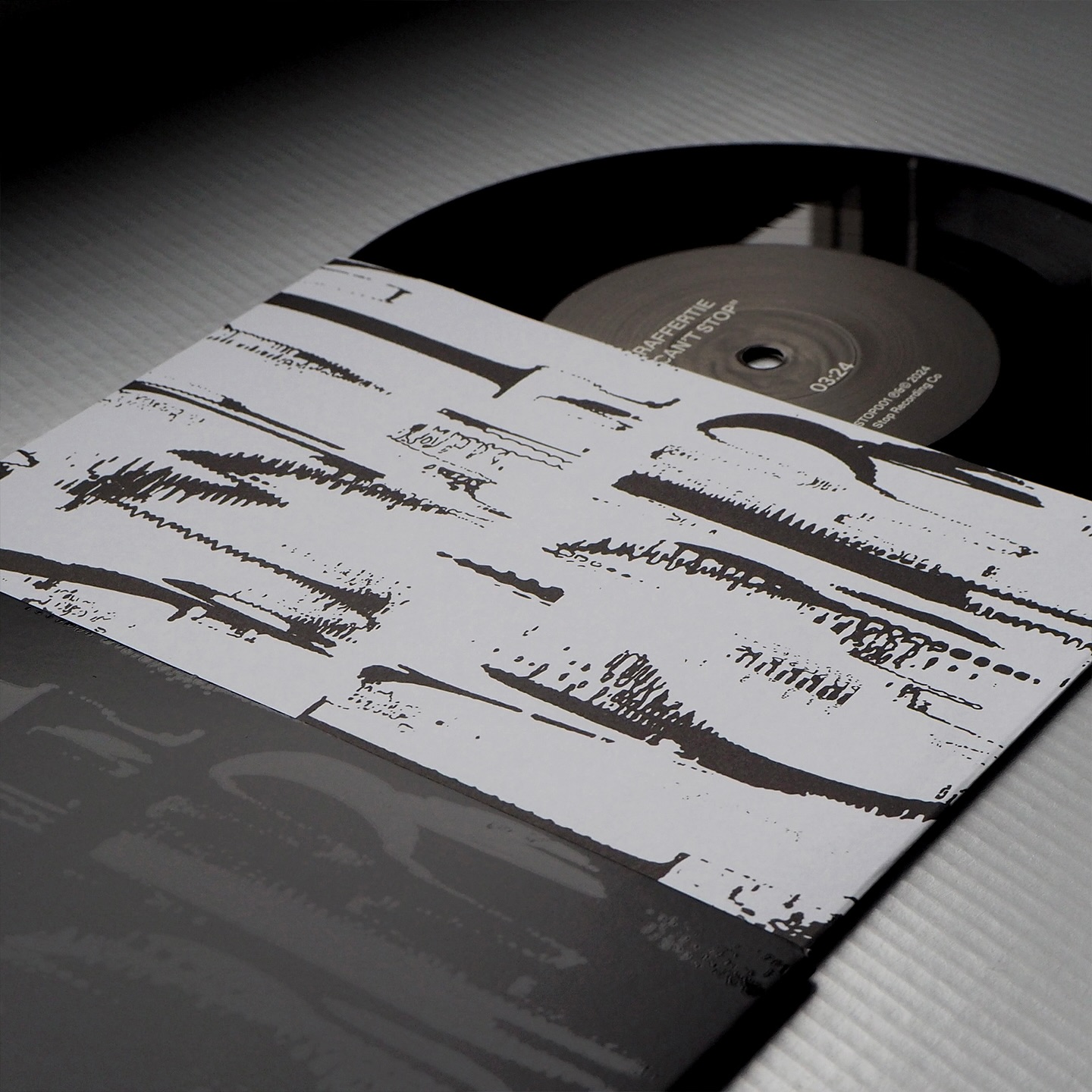


Courtesy of Appear Offline and Raffertie
With his latest double single, ‘Atlas and Can’t Stop,’ Raffertie continues his sonic exploration, conjuring chaos, urgency, and catharsis into his music. In our conversation, he shares the instinctual nature of his creative process, the oscillation between sound and visuals, and the experience of scoring for Coralie Fargeat’s visceral body horror film, “The Substance.”
Below is our digital conversation with Raffertie
Aziz Motawa: Your new double single, “Atlas” and “Can’t Stop,” evokes a sense of chaos, urgency, and cathartic release. Can you share more about this release?
Raffertie: That sums it up well. Everything I make feels like purging something, after which comes catharsis. Because of that it sometimes takes a while to remember how or why I’ve made it that way, I’ve shed that layer of skin into the music. The process of making my own music feels purest when I’m not thinking too much about it, as much as possible I try to let it be instinctual. ‘Can’t Stop’ and ‘Atlas’ are expressions of this approach, instinct drives the urgency, urgency projects the chaos into form.
AM: There seems to be a mutating quality in your practice, transitioning from being a classically trained multi-instrumentalist to experimenting with electronic music and creating film and video game scores. What can you tell us about your musicological process as you navigate these shifts?
R: I wish every change was planned but often I’m following what feels right or interesting. It’s hard to stay in one creative place, but each change is informed by what I’ve done before. I used to think of each part of the practice as discrete but whether it is making my own music, or music for a score, they all originate from the same place, it’s the context in which they are applied that changes.


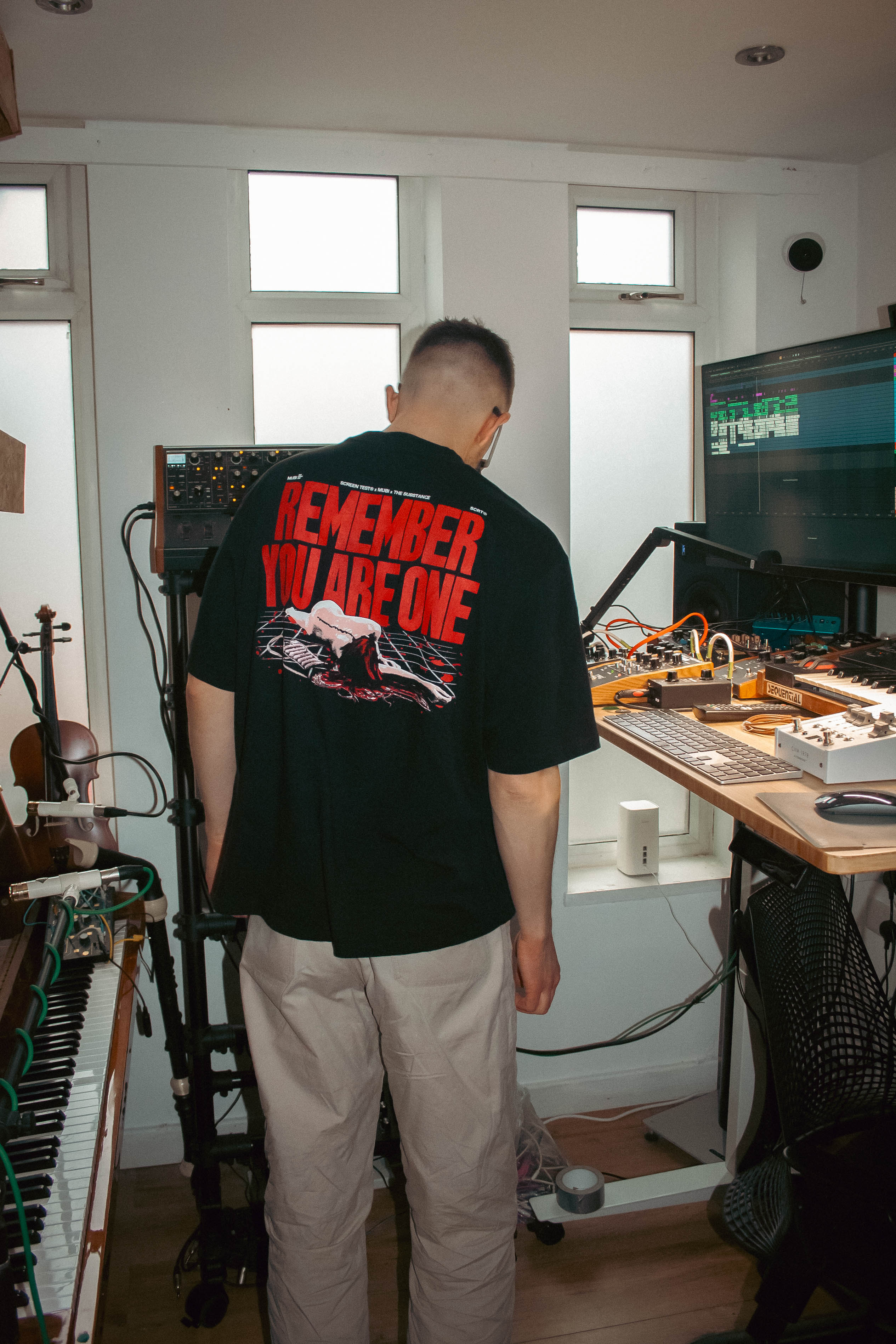

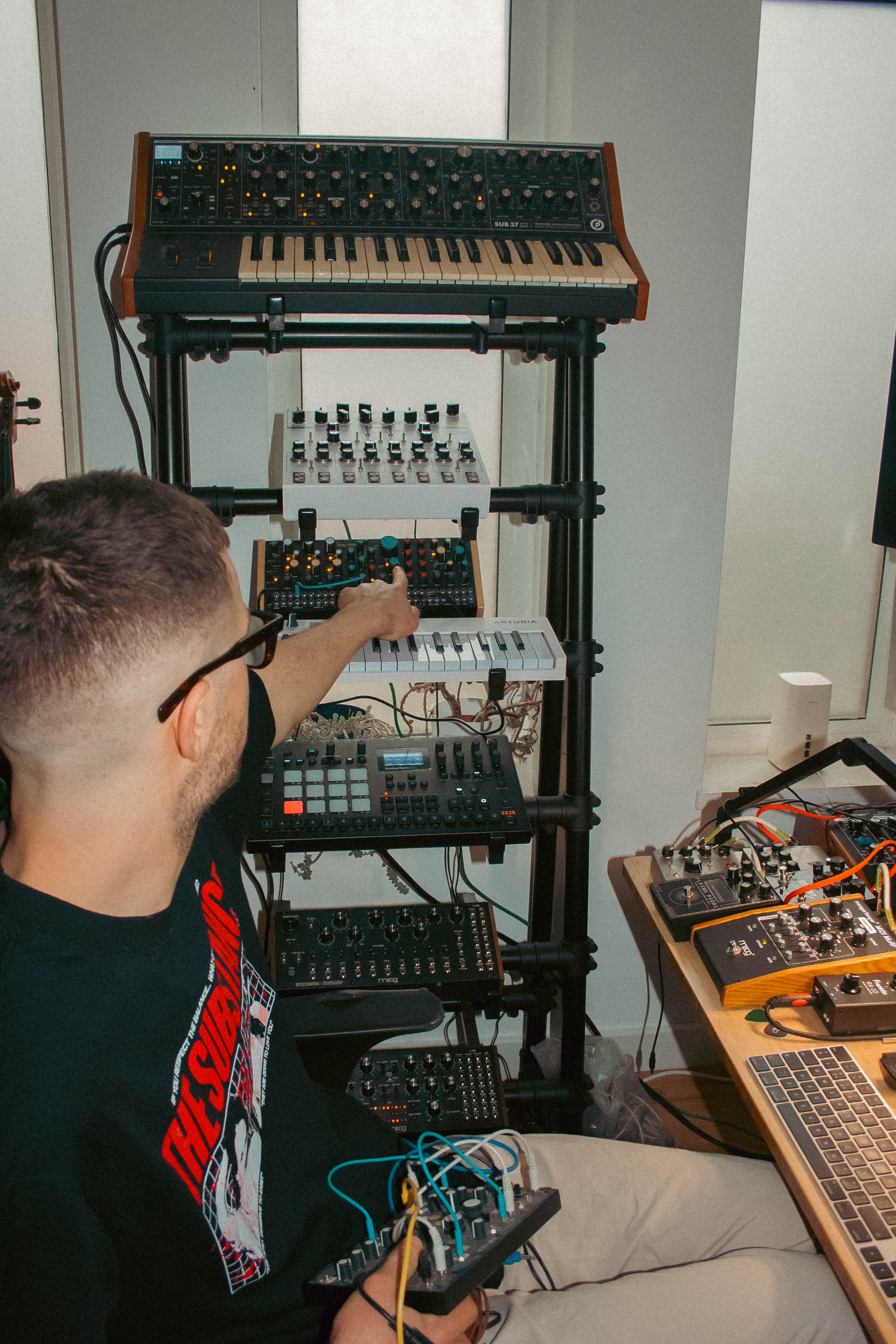
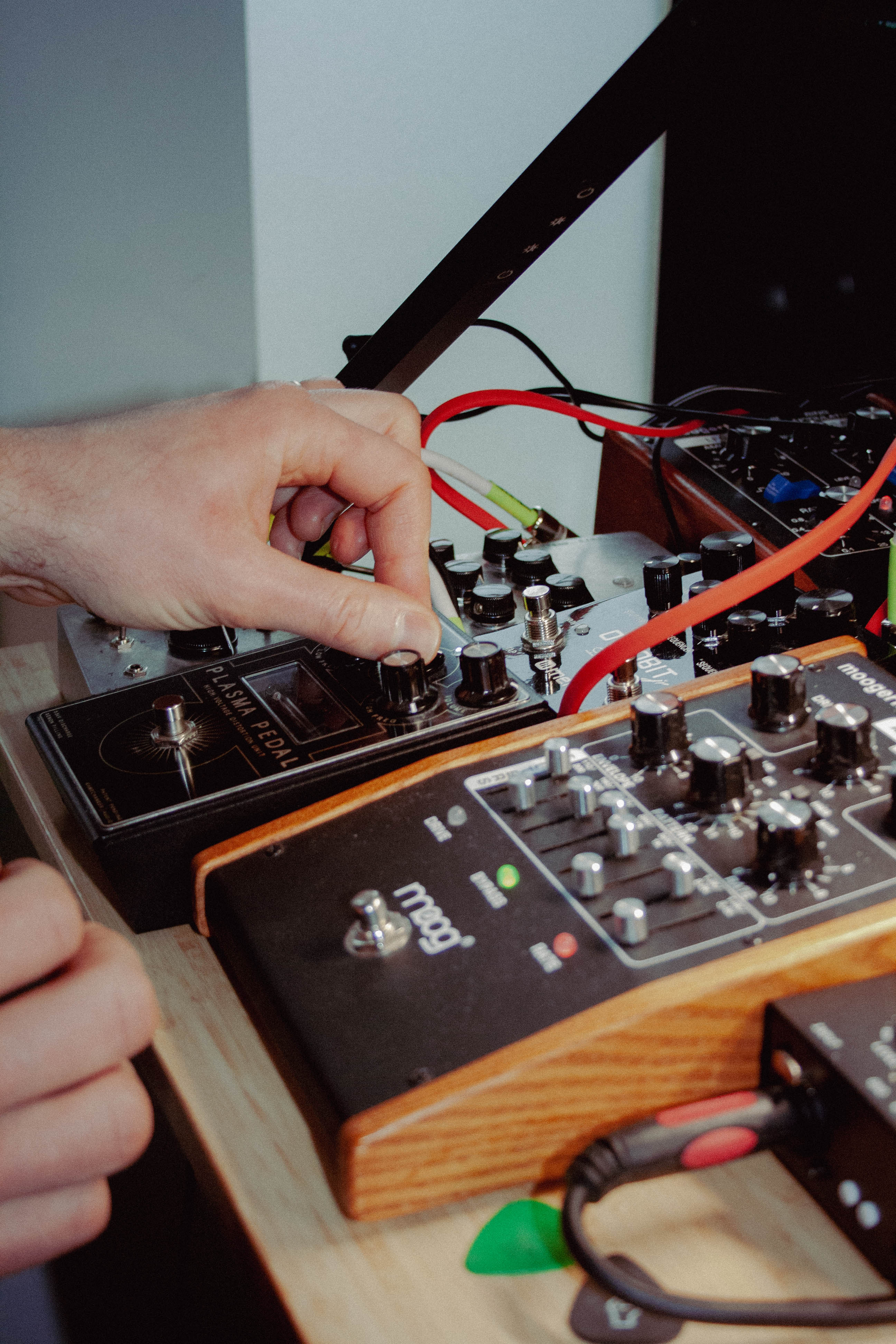
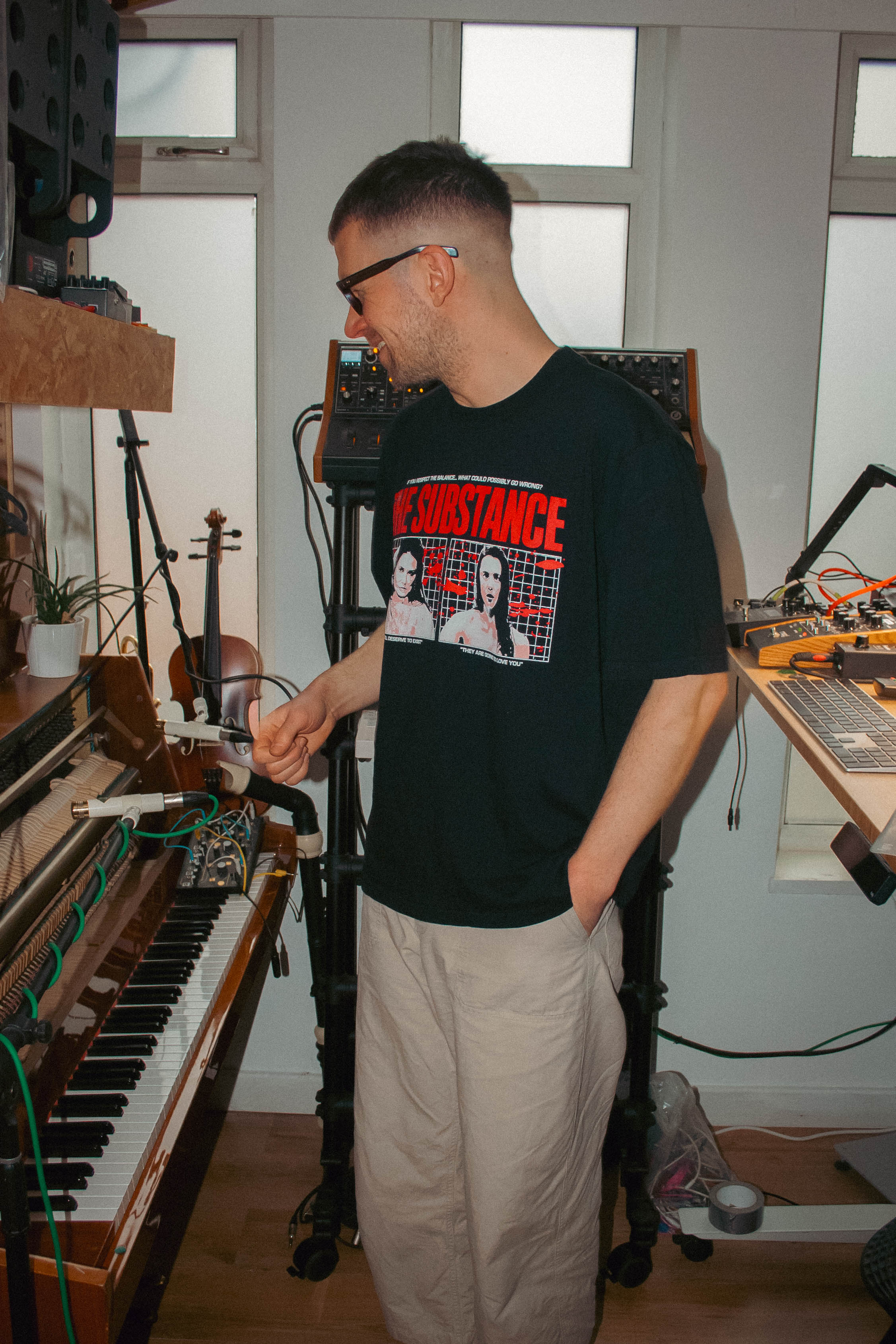
Courtesy of Amba Pittard-Watt, and Raffertie for SCRT
R: Clear vision and intension from the director is important for a good collaboration, this can manifest in many forms. The myriad vocabulary around music is often vague and personal but can be understood as long as there is a clear idea. It is then up to me to respond to that. Sometimes I create a sketch that connects at an early stage, but other ideas take longer to reveal themselves. Really good collaborators I’ve worked with are able to latch onto a thread within a bigger idea, it could be a second or two, seemingly just a fleeting sound, but it starts a conversation which adds context and colour to the story you’re both trying to tell, momentum gathers and all of a sudden you are in the sound world of the film. It’s exciting when that happens.
AM: Following the incredible reception of The Substance, I’d love to know more about your collaboration with Coralie Fargeat. Talk to us more about scoring the unnerving tension in this body horror film.
R: When I saw The Substance for the first time I loved it so much. I felt the passion and intensity, it was powerful and moving, I could feel the rage screaming out of the screen. The execution of the whole film was mesmerising.
Coralie is an amazing collaborator. From our first conversation I felt like I understood very quickly what she wanted the score to achieve. We discussed the Faustian pact, the character’s emotional experience, what it is to feel youthful, vulnerable, rejected, forgotten, left behind, the violence of the characters internal voice, and the deep emotions that accompany these things.
THE SUBSTANCE - Official Trailer
Two key parts of the score emerged from my first ideas, ‘The Substance Sound’ which can be heard at the start of the title track ‘The Substance’ on the OST, and the very minimal, techno-leaning idea that you can hear in the same track. Coralie responded to those ideas and they underpinned a lot of the score and were expanded into other ideas. ‘The Substance Sound’ seemed to capture the seduction, the threat and the otherworldliness of The Substance.
